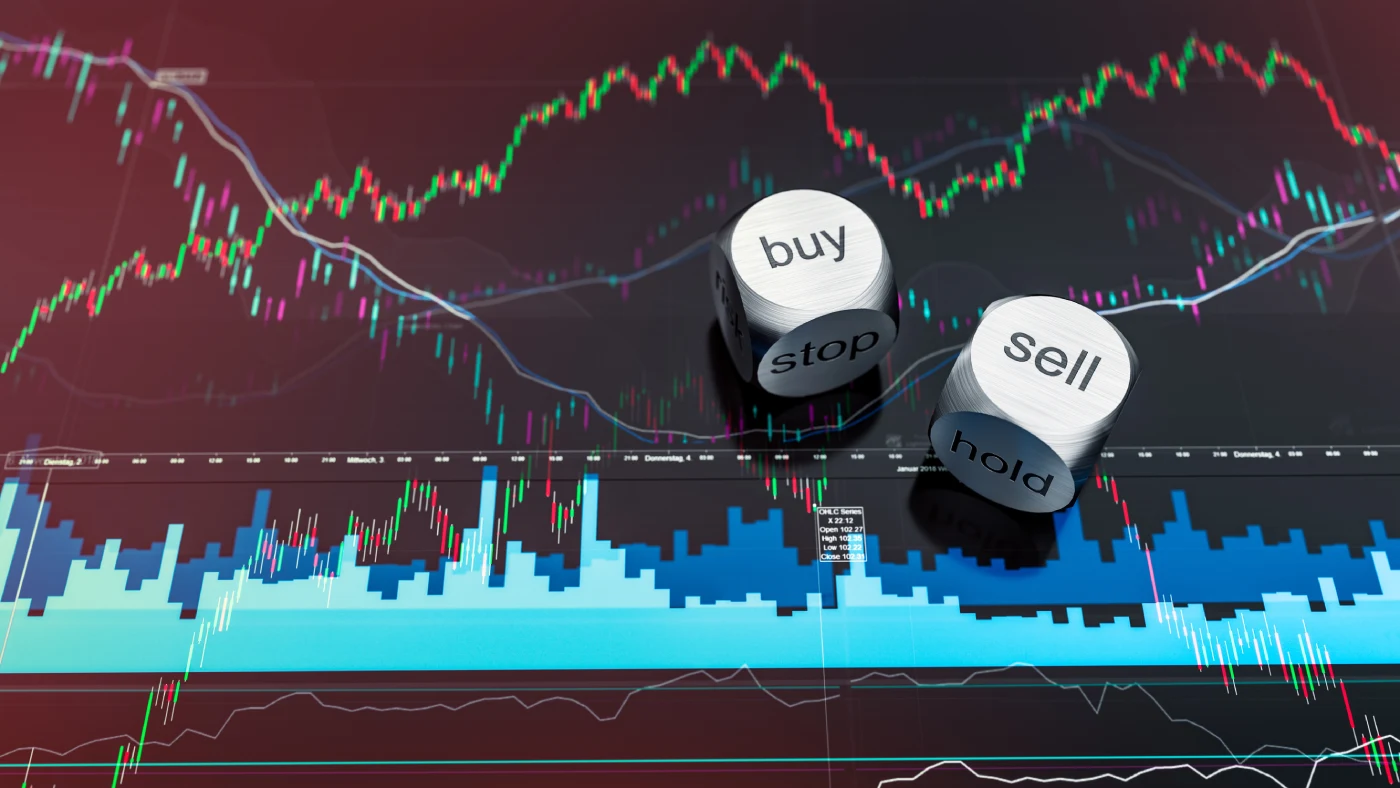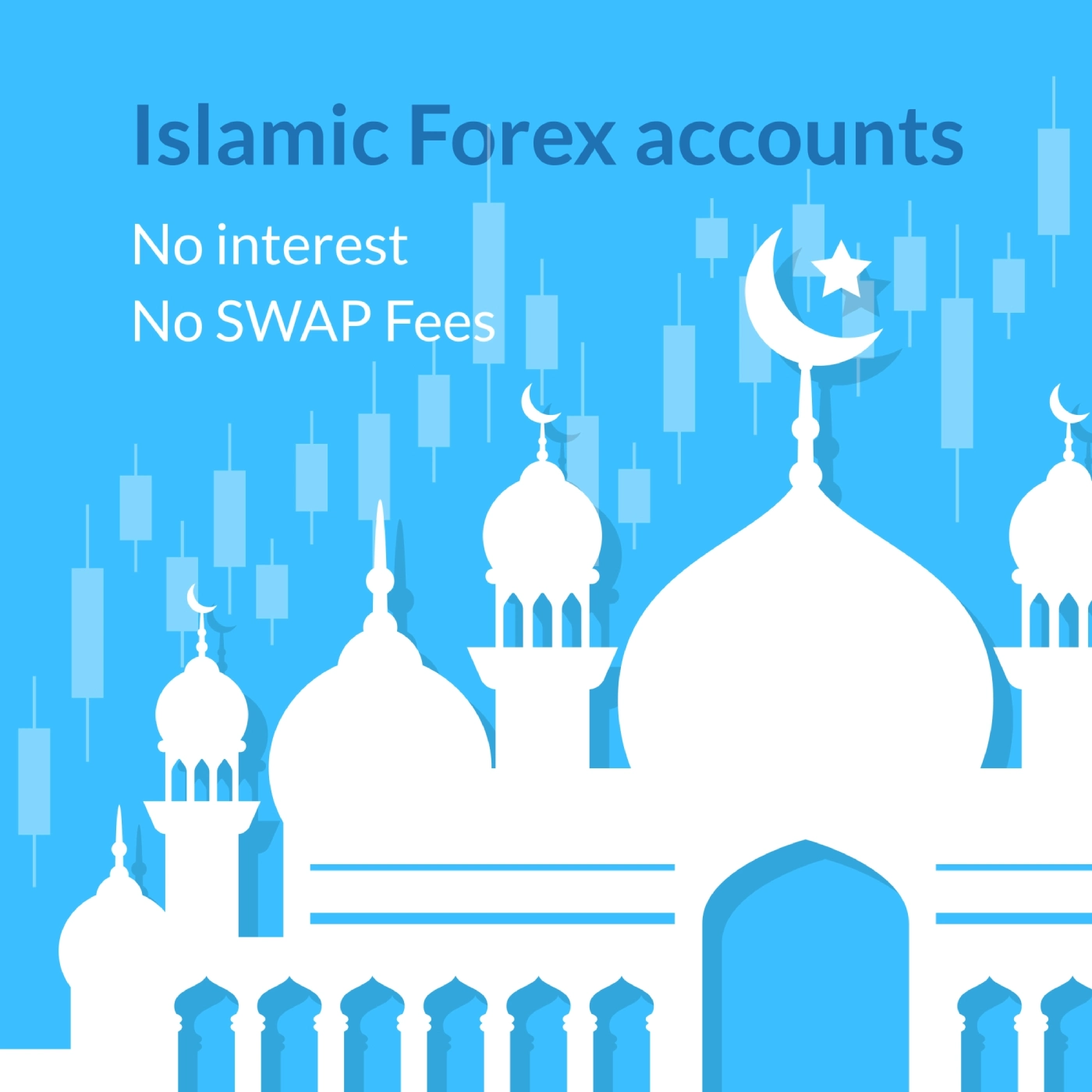What Are Forex Trading Algorithms and Should You Care About Them?
Written by Hunter on February 24, 2025.Blog Summary:
Want to trade forex like a pro? Forex trading algorithms (or “forex robots”) may be the answer. These powerful tools automate your trading decisions, potentially increasing your profits and streamlining your process. But are they really all they’re cracked up to be?
This post dives deep into the world of forex trading algorithms, exploring:
- Types of algorithms: From statistical analysis to risk management, discover the different ways algorithms can improve your trading.
- Common strategies: Learn about popular strategies like trend following, VWAP, and arbitrage opportunities.
- Benefits and drawbacks: Understand the advantages and disadvantages of using algorithms in your forex trading.
- The importance of simulated trading: Find out how practicing with a simulated account can help you master these tools and minimize risk.
Ready to take your forex trading to the next level? Read on to learn more about the exciting world of forex trading algorithms!
Ever wish you had a robot that could help you make decisions? Forex automated trading, which is made possible by advanced trading algorithms or “forex robots”, is kind of like that.
You probably already know that forex trading is all about buying and selling different currency pairs to try and make a profit. A forex trading algorithm is like a computer program that automates trading decisions for you, streamlining the process and increasing the potential of making more profit.
It’s important to remember that forex trading algorithms are not a one-way ticket to success as a forex trader. The 90% rule in forex trading posits that 90% of traders lose 90% of their starting capital within 90 days of their first trade. (This is where working in a simulated trading environment is helpful ─ more on that later).
That said, algorithms, or, more specifically, algorithmic trading strategies, can make trading both easier and more profitable. By designing sets of rules for computer programs to automatically execute, traders can seek profitability and operate much faster than they would otherwise be able to do.
What Are Forex Trading Algorithms & How Do They Work?
Imagine a set of rules you give a computer. These rules tell the computer exactly when to buy a currency and when to sell it based on certain parameters.
Four basic types of algorithmic trading within financial markets exist. In Investopedia’s words, here is a little bit more about each type:
- Statistical refers to an algorithmic strategy that looks for profitable trading opportunities based on the statistical analysis of historical time series data.
- Auto-hedging is a strategy that generates rules to reduce a trader’s exposure to risk.
- Algorithmic execution strategies aim to execute a predefined objective, such as reducing market impact or executing a trade quickly.
- Direct market access describes the optimal speeds and lower costs at which algorithmic traders can access and connect to multiple trading platforms.
What Are the Most Common Algorithmic Trading Strategies?
Here are eight of the most common algo trading strategies for forex traders, according to Benzinga:
- Trend Following: Trend following makes use of technical indicators like moving averages and breakouts to identify trends. Algorithms execute trades based on these trends and exit when the trend ends.
- Percentage of Volume (POV): This algo trading strategy minimizes market impact by limiting orders to a set percentage of total volume, like 25%. The algorithm sends small orders until the target volume is reached.
- Volume Weighted Average Price (VWAP): VWAP splits large orders into smaller ones, executing them in sync with market volumes to match the volume-weighted average price. This minimizes price impact when buying or selling large amounts of currency.
- Trading Range (Mean Reversion): Mean reversion assumes extreme price changes will revert to average levels. Algorithms identify ranges and place trades when prices move outside the range, aiming for a return to the mean.
- Arbitrage Opportunities: Arbitrage strategies identify price differences in equivalent assets across markets. Algorithms buy at the lower price and sell at the higher price, exploiting short-lived mispricings for low-risk profits. Traders using this strategy must often trade more frequently to make up for smaller ROIs.
- Index Fund Rebalancing: Index fund rebalancing involves using algorithms to capitalize on fund managers aligning portfolios to benchmarks. Algorithms ensure timely trades to optimize pricing during rebalancing periods.
- Implementation Shortfall: This strategy focuses on minimizing the gap between the decision price and execution price. Algorithms optimize order timing to reduce execution costs.
- Mathematical Model-Based Strategy: These strategies, such as delta-neutral trading, rely on algorithms to quickly calculate and adjust positions to offset risks, enabling efficient execution of complex trades involving derivatives and underlying securities.

Why Use Forex Trading Algorithms?
There are risks associated with the use of forex trading algorithms, such as the possibility of events or market changes that algorithms can’t always keep up with, less nuance in trading decisions, and risk of overtrading.
But for most traders, algo trading strategies are associated with more benefits than drawbacks.
Especially for beginner traders, these strategies can mitigate the impact of human error and emotion, while engaging in both fundamental and technical analysis at speeds much faster than humanly possible. Trading algorithms can also trade 24/5.
Practice Forex Trading Strategies with a Simulated Account
As we covered earlier, the 90% rule in forex trading posits that 90% of traders lose 90% of their starting capital within 90 days of their first trade. Clearly, forex trading can be risky even with automated strategies in place.
This is where a simulated trading account from a prop firm like Maven Trading can be extremely helpful, especially to beginner traders. With more knowledge, skills and experience developed by working in a simulated trading environment, you can learn to make profitable trades and execute different trading strategies without risking your own capital.
Curious to learn more? Explore our trading challenges now!



